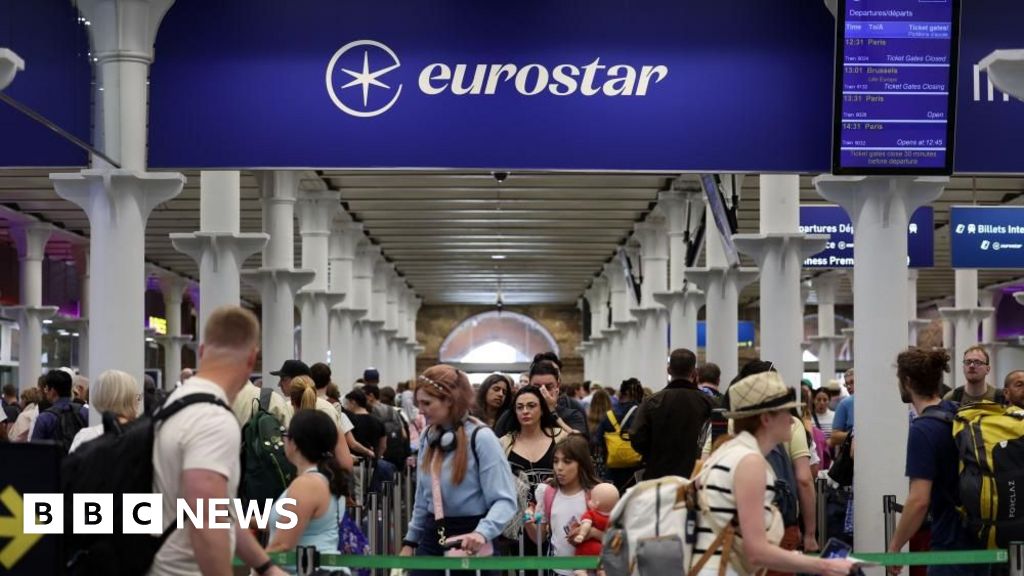Bussiness
Abolishing inheritance tax relief on AIM would be economic self-sabotage – London Business News | Londonlovesbusiness.com

New data from HM Revenue & Customs showed that just 68 estates were able to shelter £1.8 billion from inheritance tax using business relief.
This has resulted in calls for Business Relief to be removed from AIM shares.
Wealth Club believes this would be hugely damaging for smaller companies in the UK and for attempts to rejuvenate the UK stock market.
Nicholas Hyett, Investment Manager at Wealth Club said, “It’s unsurprising that those who benefit most from inheritance tax reliefs are those few estates with the very largest potential tax bills. Politicians can argue about the desirability of that, but one thing that should be crystal clear is that abolishing business relief on AIM stocks is not the answer.
For starters, the sudden removal of IHT reliefs would cause severe disruption to AIM, as investors who have opted to invest in these higher risk stocks pull their money from the market, potentially causing a substantial fall in share prices.
“Longer term it would mean lower valuations for AIM quoted stocks, making it more expensive for UK companies to raise funding and less likely they will list in the first place. The UK already has a problem with losing its best and most ambitious businesses overseas – this would only make things worse.
“Some critics have suggested that since liquidity in the AIM market has improved dramatically over the last few decades, the reliefs are no longer necessary. That misses the point that liquidity has improved precisely because these reliefs exist. Pulling the reliefs would likely leave the market with less liquidity than a sieve in the Sahara.
“With both major parties making commitments to support small businesses and rejuvenate the flagging UK stock market, torpedoing the UK’s junior market would be an act of economic self-sabotage.”









